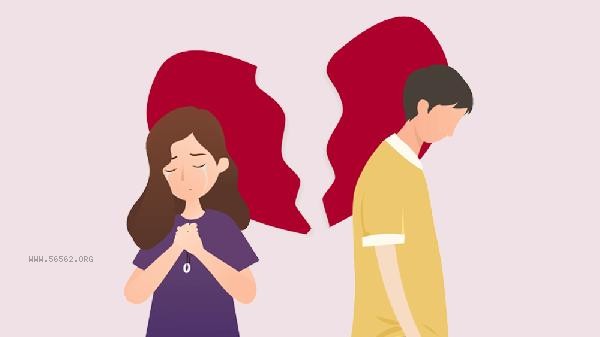The phenomenon of college graduates breaking up immediately after graduation is common, mainly related to factors such as conflicts in future planning, a surge in real pressure, weak emotional foundation, insufficient psychological maturity, and restructuring of social circles.

1. Future Planning Conflict
Campus romance is often based on relatively simple emotional needs, and after graduation, both parties may face practical differences such as choosing employment cities and career development paths. One party may choose to continue their studies, while the other is eager for employment. This mismatch in life rhythm can easily lead to strained relationships. Especially when it comes to remote development, physical distance can amplify planning differences and significantly increase the cost of maintaining relationships.
Secondly, the surge in real pressure
The transition from being a student to a member of society will bring challenges such as economic pressure and workplace adaptation. Some couples have conflicts due to issues such as rental costs and salary gaps, and material problems that were originally buffered by the campus environment have suddenly become apparent. Men may experience feelings of inferiority due to insufficient economic ability, while women may feel anxious due to a lack of security. The negative emotions under this pressure are easily transferred to intimate relationships.
Thirdly, weak emotional foundation
Many campus relationships lack deep emotional connections and rely more on common courses, club activities, and other scenarios to maintain. After losing the fixed scene of campus, the sense of ceremony and common topics in relationships sharply decrease. A survey shows that over 60% of couples who break up after graduation admit that they have never discussed long-term topics such as marriage and parenting during their relationship, and this shallow relationship is particularly fragile in times of environmental change.

Fourth, insufficient psychological maturity
Young people in their early twenties are still in a psychological weaning period and are prone to adopt avoidance or confrontational modes when dealing with conflicts. Faced with conflicts after graduation, some people instinctively choose to end relationships rather than actively communicate. Typical manifestations include using cold violence to handle disagreements, or projecting workplace setbacks onto partners, reflecting a lack of emotional management skills and relationship management awareness.
V. Social Circle Restructuring
After entering the workplace, the interpersonal network will undergo significant changes, and new colleagues, clients, and other social partners may provide more realistic mate choices. Some people may re evaluate the value of their partners, and when they find that their campus partners are unable to integrate into their new social circle, they may develop comparative psychology. This social comparison mechanism often serves as a catalyst for the disintegration of relationships.

It is recommended that graduate couples start planning for a shared future six months in advance, by developing a dual city living plan and establishing a joint savings plan to enhance relationship resilience. Regularly engage in in-depth conversations and candidly exchange insights on career development and marriage concepts. Both parties can participate in workplace skills training or psychological counseling together to promote synchronous psychological growth. Use SWOT analysis to evaluate the pros and cons before making important decisions, in order to avoid regrets caused by impulsive decisions. If you ultimately choose to end the relationship, you should achieve emotional closure through a formal farewell ceremony to reduce the psychological trauma caused by unfinished emotions.








Comments (0)
Leave a Comment
No comments yet
Be the first to share your thoughts!